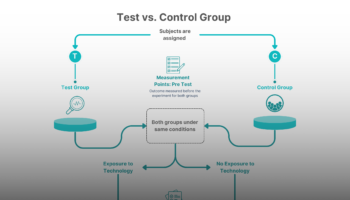In a recent survey1, retail brands highlighted that their top 2 strategic priorities are 1) personalizing the customer experience, and 2) acquiring new customers:
Shopify notes that the cost of acquiring new customers is $127 to $462. Moreover, ad spending on social media, which is expected to be $173B in 20222, is the top customer acquisition channel for retail brands3. However, conversion rates from social media are only 0.7%4, and unfortunately, they are set to decrease even further.
ad spending on social media…is the top customer acquisition channel for retail brands. However, conversion rates from social media are only 0.7%
Stemming from significant data breaches on major platforms, whereby billions of people’s data was being misused, mishandled, and stolen over the years, data privacy and more precisely the way customer data is collected, used, stored, and shared across the internet has become an essential concern. This has led to critical changes in data privacy, including:
- Apple’s App Tracking Transparency (ATT), which requires apps that run on iOS to allow users to opt-out of sharing their data. Google is implementing a similar restriction across apps on its Android devices
- Google is also planning to end support for cookies in its Chrome browser in 2024. Cookies are small pieces of code that websites deliver to a visitor’s browser and stick around as the person visits other sites. The practice has fueled much of the digital advertising ecosystem and its ability to track users across sites to target ads.
These data privacy restrictions significantly impact Facebook and Instagram, for example given their reliance on data that tracks users across apps to enable the targeting of their customers with ads. Said differently, these apps rely on personal data for audience insights and remarketing. These data privacy restrictions have resulted in conversions from social media advertising to decrease and costs of acquiring customers to increase by as much as 222%5. That’s because the ads are not reaching the right target audience given the reduction in personal data they are now able to capture and leverage.
These data privacy restrictions have resulted in conversions from social media advertising to decrease and costs of acquiring customers to increase by as much as 222%
Given the new norm that we live in, brands have to rethink their marketing strategies. This can entail:
-
- Focusing on retention strategies as noted in this article;
-
- Leveraging first party data already at your disposal within your store, such as customers’ prior purchases, preferences, abandoned carts, etc.; and
-
- Capturing new first party data (i.e., data given to you directly by customers) through account creations, newsletter subscriptions, conversational pop-ups, etc.
Want to learn how Polymatiks delivers personalized offers to new and existing customers with first party data only? Click here to book your demo or email us at info@polymatiks.ai.
1 EverString and Ascend2; 2 Wordstream; 3 Hootsuite; 4 Webfx; 5 BusinessWire





